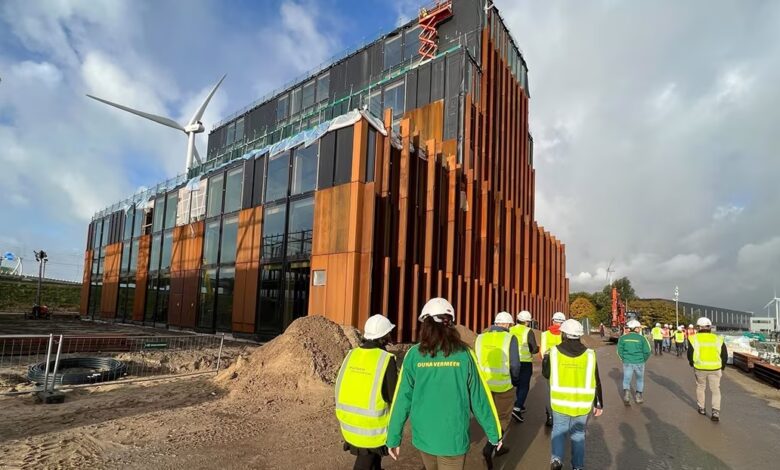Sustainability In Construction

The construction industry plays a pivotal role in reshaping the natural environment, driven by the noble goal of establishing essential infrastructure for the well-being and progress of human society. Tasked with the transformation of vacant landscapes into towering skyscrapers, expansive multilane highways, and other feats of contemporary engineering, construction crews strive to meet the evolving needs of a burgeoning civilization. However, the transformative impact of construction is not strictly positive. Beyond the potential depletion of natural resources, unbridled construction activities can contribute significantly to environmental pollution.
Recognizing the double-edged nature of their work, many businesses within the construction industry are embracing sustainable building practices. This shift reflects a commitment to mitigating adverse environmental effects and assumes responsibility for the profound impact construction projects can have on ecosystems. By adopting eco-friendly approaches, builders and enterprises seek to ensure that their endeavors contribute positively to the environment rather than perpetuate harm. The imperative lies in striking a balance between the essential drive for continued construction and a conscientious approach that safeguards against unintended negative consequences.
While the necessity for ongoing construction remains undeniable, the key lies in fostering a responsible ethos within the industry to prevent inadvertently exacerbating environmental challenges. For more information on the transformative ideas leading the construction industry at large toward a more sustainable future, read on to the comprehensive insights provided in the resource supported alongside this post.
Sustainability In Construction this infographic was contributed by Rock Solid Stabilization & Reclamation, an organization specializing in full depth reclamation




